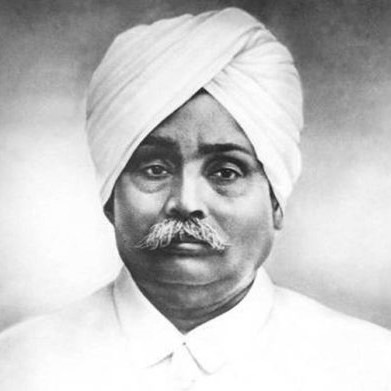Lala Lajpat Rai

Lala Lajpat Rai, born on January 28, 1865, in Dhudike, Punjab, was a prominent Indian nationalist and freedom fighter. After earning a law degree in Lahore, he practiced in Hissar and Lahore. A voracious reader, Rai was deeply inspired by Italian revolutionary Giuseppe Mazzini and was a follower of Dayanand Saraswati. He helped establish the nationalistic Dayanand Anglo-Vedic School.
Rai left his legal practice to dedicate himself to India’s independence from British rule. Within the Indian National Congress, he was a leading voice for complete independence (Purna Swaraj) and was part of the nationalist trio known as Lal Bal Pal, alongside Bal Gangadhar Tilak and Bipin Chandra Pal. In 1914, Rai traveled to Britain and then to the USA in 1917 to expose British atrocities in India.
Returning to India in 1920, he presided over the special session of the Indian National Congress in Calcutta. He led the non-cooperation movement in Punjab and was imprisoned from 1921 to 1923. Rai authored several works about his deportation, the Arya Samaj, and his stay in the USA.
In 1928, the Simon Commission, which had no Indian members, visited India to discuss constitutional reforms. Rai called for a boycott of the commission. On October 30, 1928, he led a peaceful protest in Lahore against the Simon Commission’s arrival. The police brutally lathi-charged the protesters, targeting Rai. He sustained serious injuries and died shortly after.
Lala Lajpat Rai’s fervent nationalism left a lasting impact on the youth of India, igniting a spirit of patriotism across the nation.
Trivia : Lala Lajpat Rai founded the Indian Home Rule League of America in New York in 1917.
References:
- Lala Lajpat Rai - YourDictionary Biography
- Lala Lajpat Rai - Jagran Josh
- Lala Lajpat Rai - Cultural India